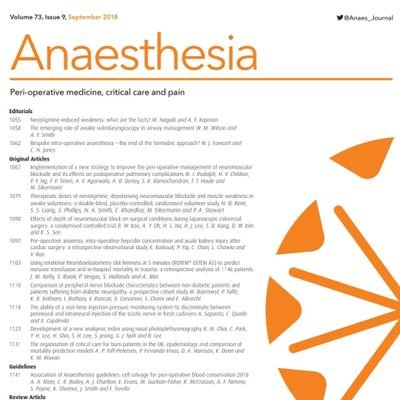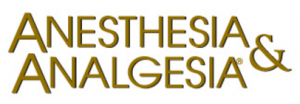 Journals have retracted all but 19 of the 313 tainted papers linked to three of the most notorious fraudsters in science, with only stragglers left in the literature. But editors and publishers have been less diligent when it comes to delivering optimal retraction notices for the affected articles.
Journals have retracted all but 19 of the 313 tainted papers linked to three of the most notorious fraudsters in science, with only stragglers left in the literature. But editors and publishers have been less diligent when it comes to delivering optimal retraction notices for the affected articles.
That’s the verdict of a new analysis in the journal Anaesthesia, which found that 15% of retraction notices for the affected papers fail fully to meet standards from the Committee for Publication Ethics (COPE). Many lacked appropriate language and requisite watermarks stating that the articles had been removed, and some have vanished from the literature.
The article was written by U. M. McHugh, of University Hospital in Galway, Ireland, and Steven Yentis, a consultant anaesthetist at Chelsea & Westminster Hospital in London. Yentis was editor of Anaesthesia during the three scandals and had a first-hand view of two of the investigations. He also is the editor who unleashed anesthetist and self-trained statistician John Carlisle on the Fujii papers to see how likely the Japanese researcher’s data were to be valid (answer: not very likely). Continue reading When it comes to retracting papers by the world’s most prolific scientific fraudsters, journals have room for improvement





